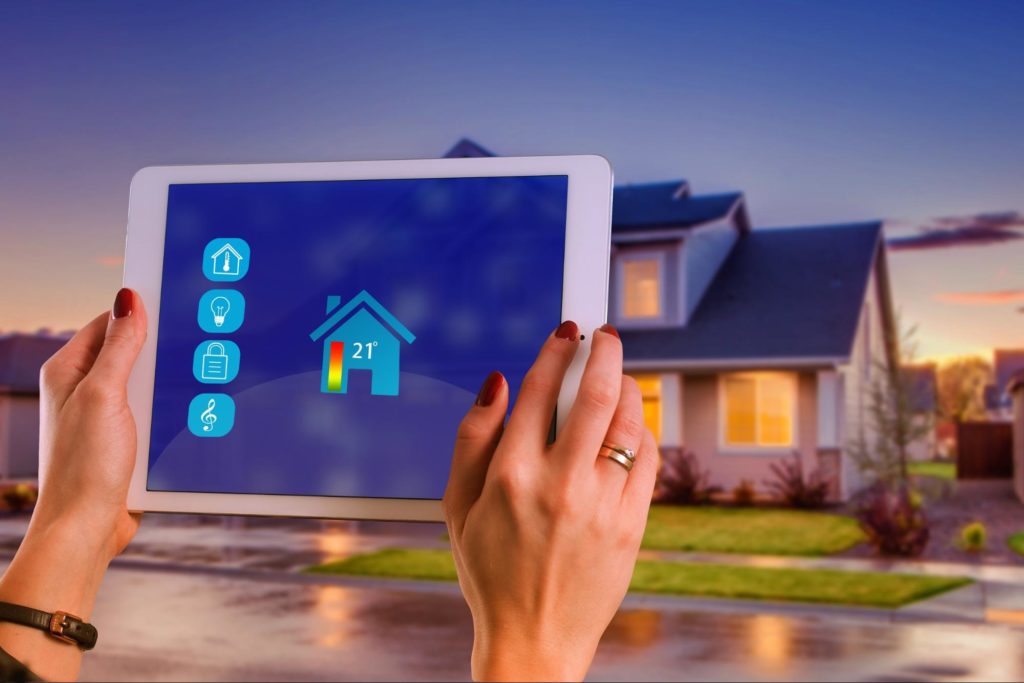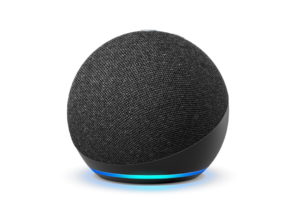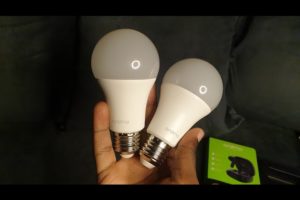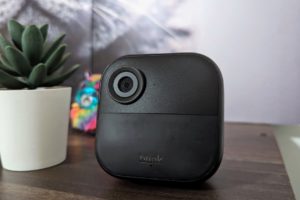Imagine yourself driving home after a long day at the office and as you approach your front gate, it slides open to allow your vehicle through. You go in through the gate and as you pull up towards the garage, the door slowly makes way to accept your Mercedes-AMG G63. You step out of your vehicle and try to walk through the door that leads from your garage into your house and that too gives way. You quietly step into a corridor that senses your presence and automatically turns on the lights.
You walk towards the living room and as you step through the border that separates the corridor from the living room, your presence and absence are sensed simultaneously as the corridor lights slowly go off and the living room lights come on. You go towards the kitchen to grab a quick snack and after being welcomed by a warm light, your refrigerator reminds you that you are running low on essential nutrients and even curates a grocery list for you with all the necessary items that you need to continue your healthy diet.
You grab a soda and empty the can in three gulps, which makes you pressed, so you advance towards the toilet. While you pee, your smart toilet analyses your urine searching for irregularities but you check out fine. As you turn to the tap to wash your hands, it turns on automatically as it senses your hands, and as you wash your hands, the smart mirror right above the basin analyses your skin to ensure you are in good health overall. Even your smart medicine cabinet is smart enough to know that you are running low on your medications and automatically orders a fresh batch.
Are We Likely to Have Houses Like This Anytime Soon?
This may seem like something out of a futuristic sci-fi movie, but according to Berg Insight, a Swedish research firm, about 63 million homes in the United States alone will operate in a similar fashion to the one in the above scenario as imminently as 2022.
Thanks to incremental changes in the field of artificial intelligence, the homes of the future will continuously learn more about their occupants including their hobbies and the state of their health, and even be able to anticipate their needs. Just like our smartphones currently learn about our preferred apps and websites, and how social media platforms use our most frequent interactions to suggest users and topics for us to follow, our homes will also be wired with algorithms that know and understand us and our needs and tailor our living experience accordingly.
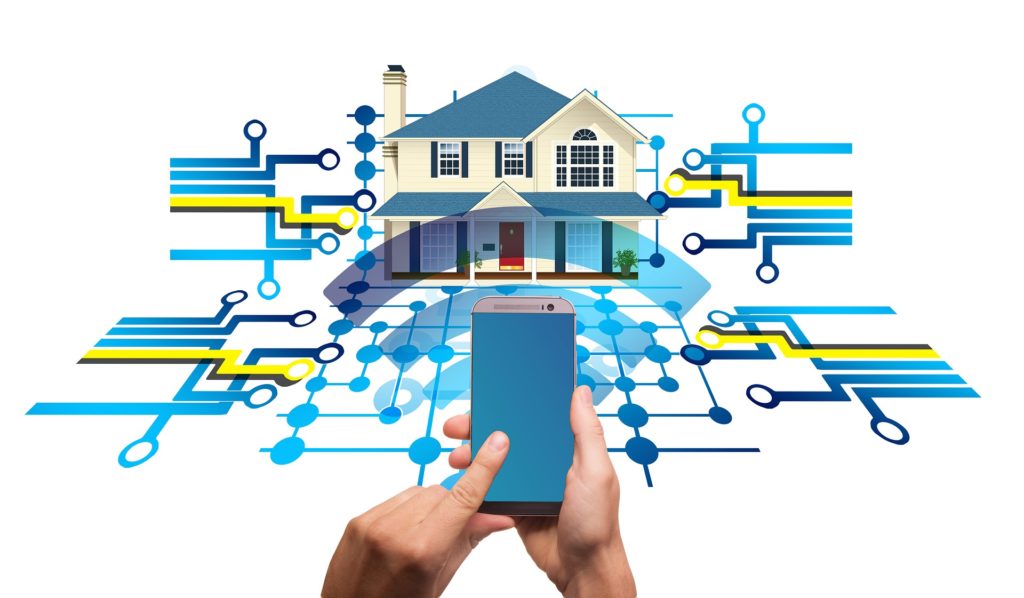
The Internet of Things (IoT)
Central to these advancements in smart home technologies is the Internet of Things (IoT). Advancements in robotic technology will avail us of machines that can aid our cooking, cleaning, and so on. ABI Research, an advisory firm, estimates that consumers all over the world will spend about $123 billion on IoT gear by 2021.
Expectedly, with homes being more dependent on technology and more of our appliances being connected to the internet, there is a security concern. Internet-connected devices are sitting ducks for hackers if they are left unprotected, and so, there is an imperative on manufacturers to throw more money at Research & Development (R&D) efforts to discover more innovative ways to approach home-monitoring and security technology. There will also be a need for government regulations on the minimum cybersecurity requirements for smart home devices if we are going to have a safe future for our smart homes.
According to market-research company, IoT analytics, there are currently about 7 billion connected IoT devices in the world. That is a large enough pool for researchers and technology experts to use to find ways to improve IoT security. Failure to secure the smart homes of the future will lead to “a mass-extinction event for the Internet of Things”, in the words of Daniel Cooley, who is the chief strategy officer at the electronics-component manufacturer, Silicon Labs.
Eyes to the Future
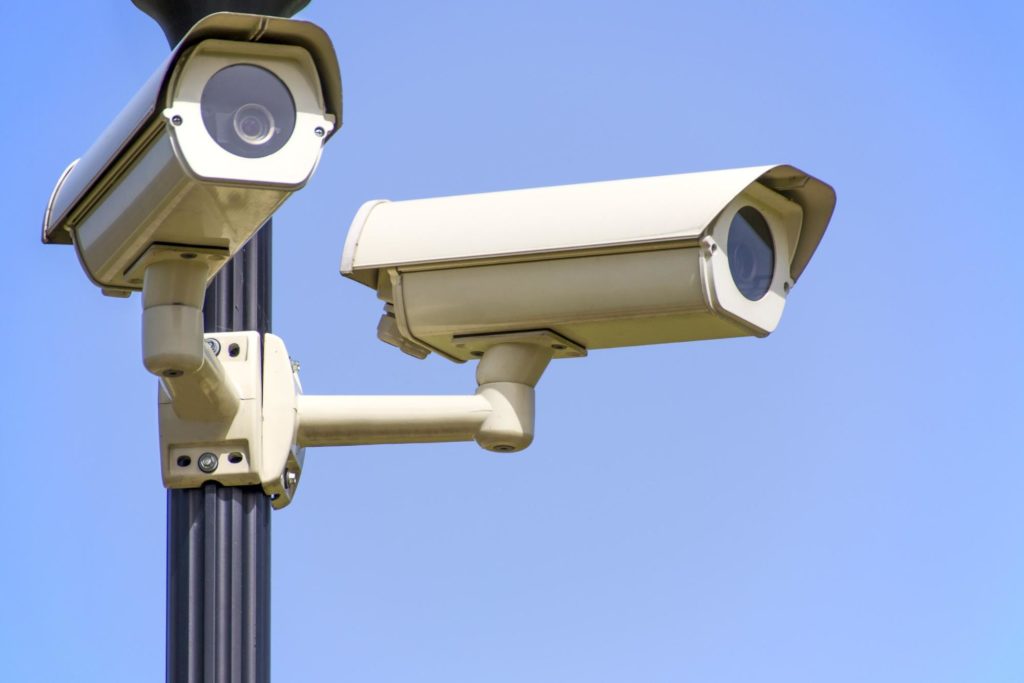
The future is one where we are all going to be more connected than ever before, and our homes are not to be left out of this virtual intimacy. From internet-connected lightbulbs to cameras that allow us to keep an eye on our pets or nannies while we’re away, things are really looking up in the real estate technology space. Many more devices will be connected to the internet than we currently have, and the future of homes is looking like one of unprecedented ease and automation.
Featured Image: Pixabay.

